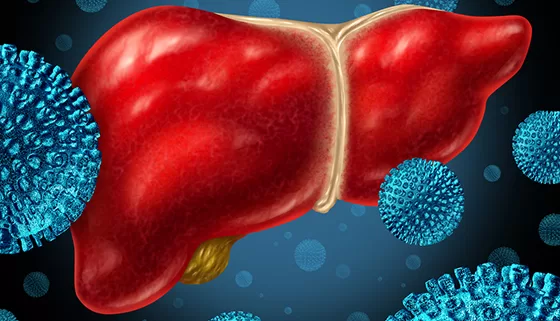Hepatitis B and C Epidemic Ravages Northern Ghana

- An estimated 2.8 million Ghanaians are infected with hepatitis B
- Health officials and government leaders are urging concerted efforts to combat the hepatitis epidemic
- A significant portion of the population remains unaware of their hepatitis infection status
New data reveals a startling surge in hepatitis B and C cases across Ghana, with the northern regions bearing the brunt of the epidemic.
Approximately 2.8 million people are infected with hepatitis B, while nearly half a million suffer from hepatitis C nationwide.
The Upper East, Upper West, North East, Savannah, and Northern regions have been disproportionately affected by the disease, leading to heightened mortality rates. These alarming figures came to light during the country’s observance of World Hepatitis Day, prompting a renewed commitment to combat the illness.
Health officials and government representatives have emphasized the urgent need for collective action to eliminate hepatitis by 2030. While vaccination efforts have yielded positive results, particularly among children, a significant portion of the population remains unaware of their infection status.
To address this crisis, the government has outlined a comprehensive plan, including increased testing, treatment, and prevention measures. International organizations and partners are also playing a crucial role in providing support and resources.
Experts warn that achieving the goal of eliminating hepatitis by 2030 requires a substantial acceleration of efforts at both the national and local levels.
The call to action is clear: early detection, treatment, and prevention are essential in curbing this epidemic and saving lives.






